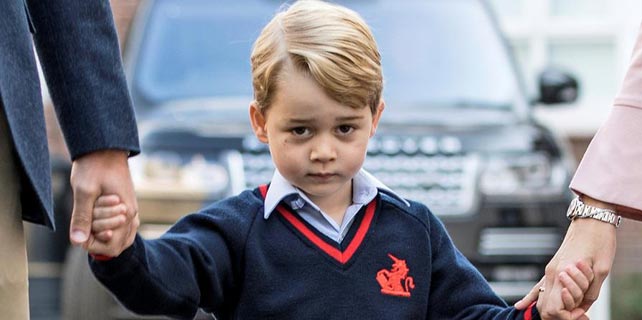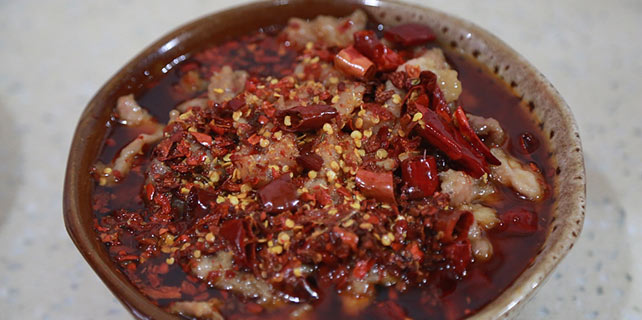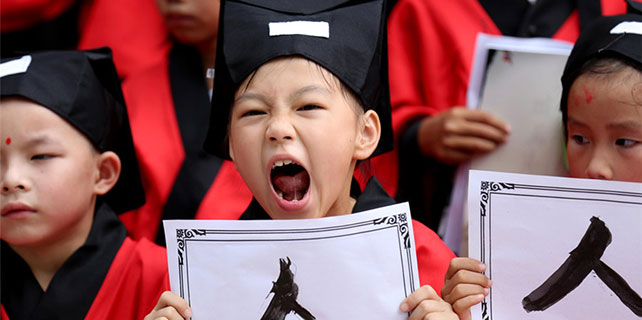Then and now: those who took the first piano grading tests
The organizer of grading tests for amateur pianists in Shanghai said it will be searching for those who took the tests in 1988, the first year that such evaluations were held in the country.
A TV show featuring these individuals and what they are doing today is also being considered, said Tang Zhe, the head of the organizing committee, which is the piano branch of the Shanghai Musicians Association.
Some of these individuals were known to have become professional pianists or teachers in music conservatories. For example, Wei Wanchen, who was then a primary school student who took the fifth grade test, is today a teacher at the piano department of the Shanghai Conservatory of Music, said Tang, who is also a professor at the department.
However, most of the test participants have entered different industries, most of which have nothing to do with music.
Zhong Yile, who learned the piano during his childhood days in the 1990s, said that though his current job is not related to music, he never saw those 10 years of lessons as a waste of time.
"I still play the piano today. It has become a part of my life and it fills me with pleasure and inner peace," said Zhong, 29, a director of an entertainment TV show.
Another such individual is Qian Buke. She started learning the piano in 1988 when she was 5 years old. She passed the 10th grade, the highest an amateur could reach, after 10 years of learning. Today, she works as a pharmacist at a hospital specializing in Traditional Chinese Medicine treatments.
"My mother always had a ruler by her side as she monitored me during practice. She would strike my palm if she thought I was being lazy or left the seat before completing my 90-minute practice," Qian said.
But Qian said she understood why her parents had such high expectations of her - the investments they poured into her piano learning efforts were significant.
"My family spent more than 3,000 yuan ($450) to buy a piano for me. That amount of money was more than what my parents earned in a year. Some of the money was borrowed from relatives," she said.
Her mother Wang Qinyun said not all parents hoped for their children to become musicians, though almost everyone signed up for piano lessons because they expected this activity to help their kids become more competitive.
"They were the first generation born under the country's family planning policy which allowed only one child in a family. As such, these kids shouldered high hopes of each family," said Wang.
The piano lessons did more than just help her daughter. Wang, who described herself as tone-deaf before the daughter started learning the piano, said she had benefited from the experience as well.
"I listened to the teacher's explanation about how the tones expressed different moments, like when the naughty mouse was trying to escape and when the cat almost caught the mouse," said Wang, referring to the song The Cat and the Mouse.
"It was only when I understood the expressions that I could point out my daughter's mistakes when she practiced at home."
Wang recalled that her relatives often joked that Qian would one day become a pianist or a piano teacher and justify a decade's worth of investment. Though this never became a reality, Wang insisted that she is not disappointed.
"The most important thing is that my girl feels happy with her life," she said.









